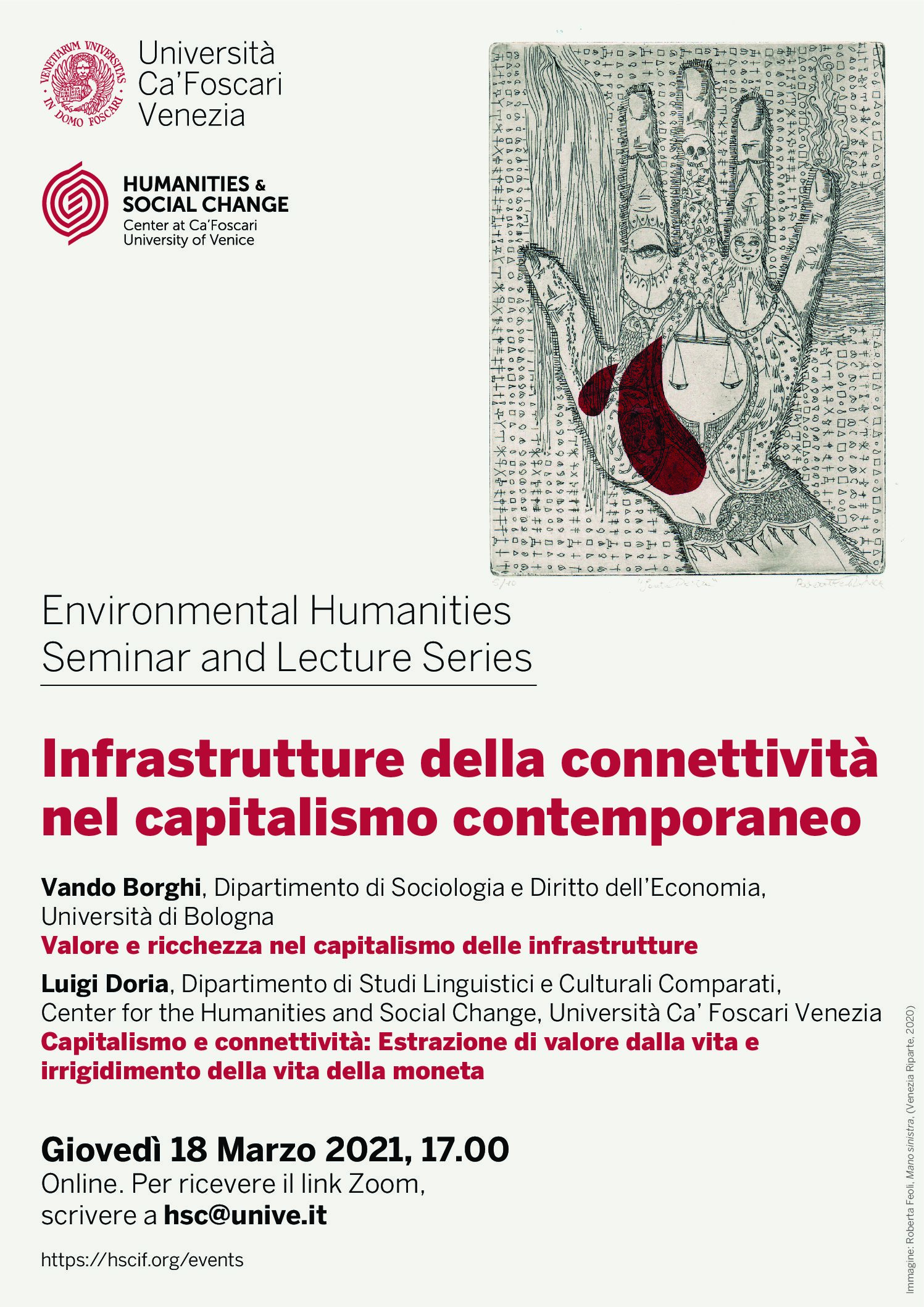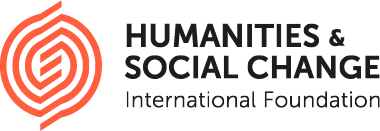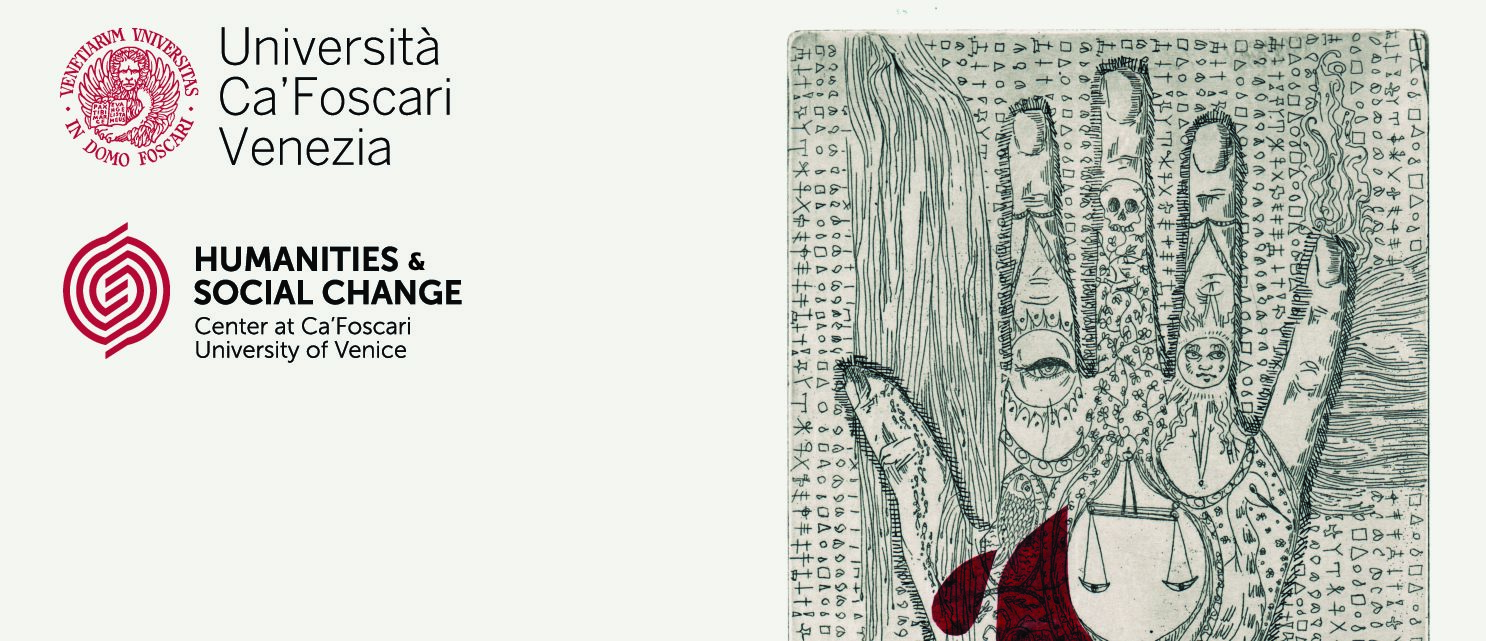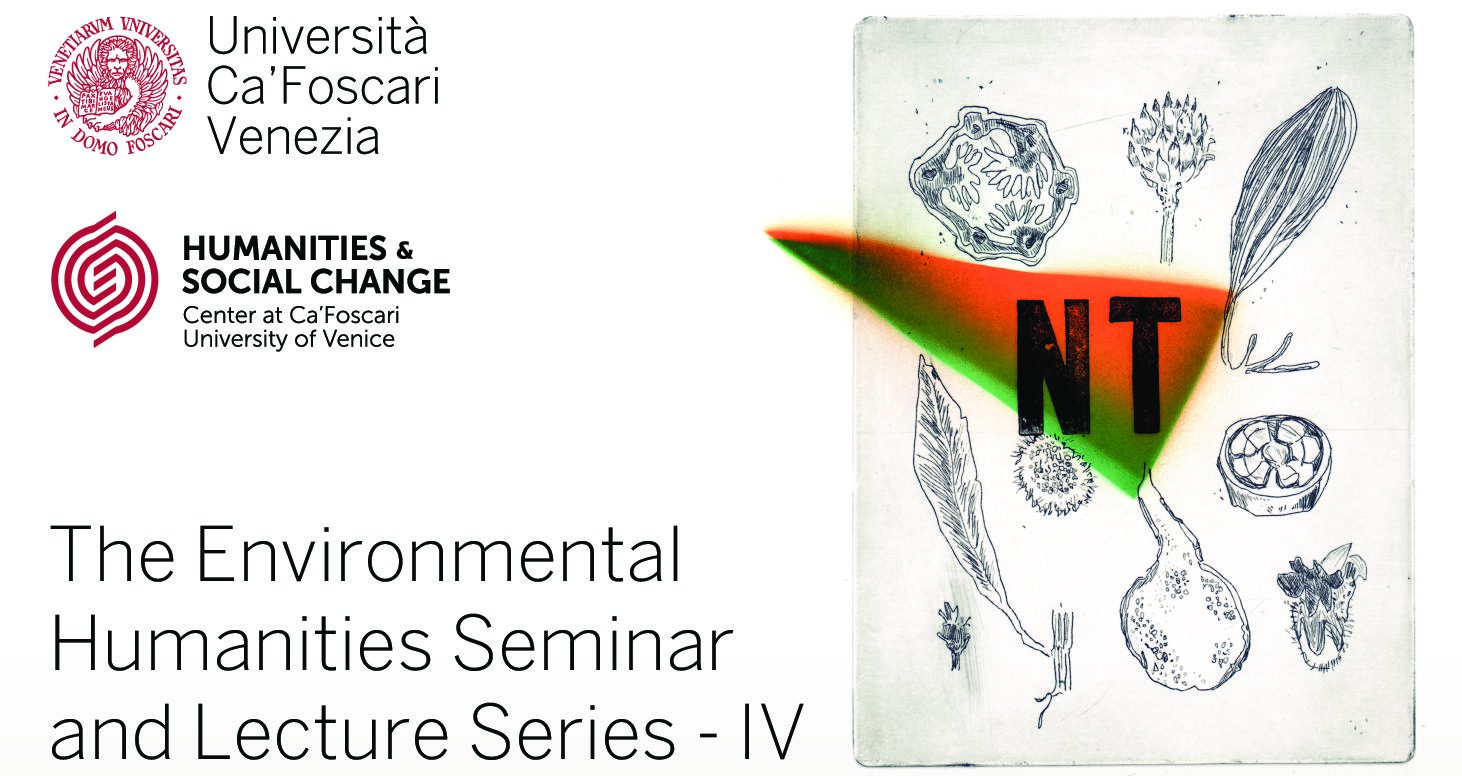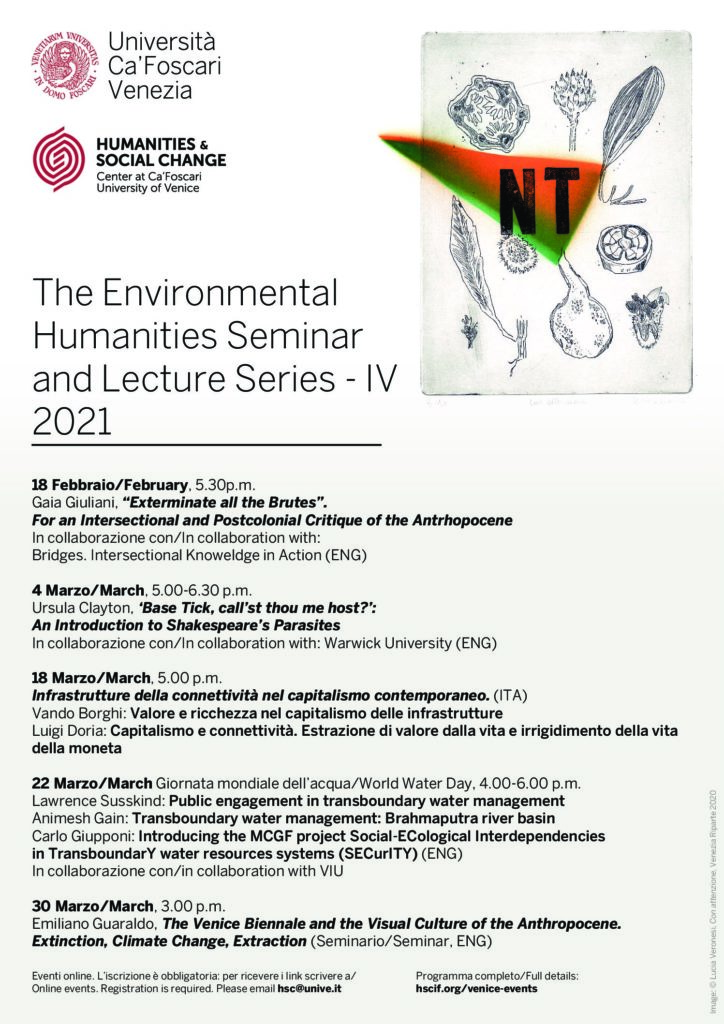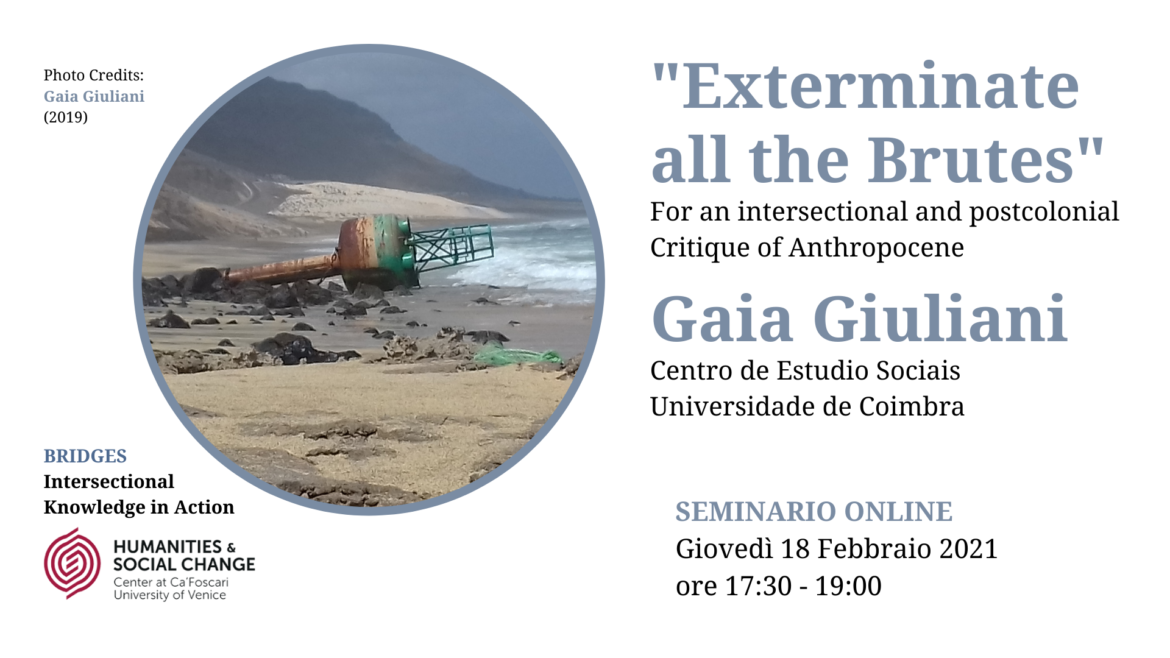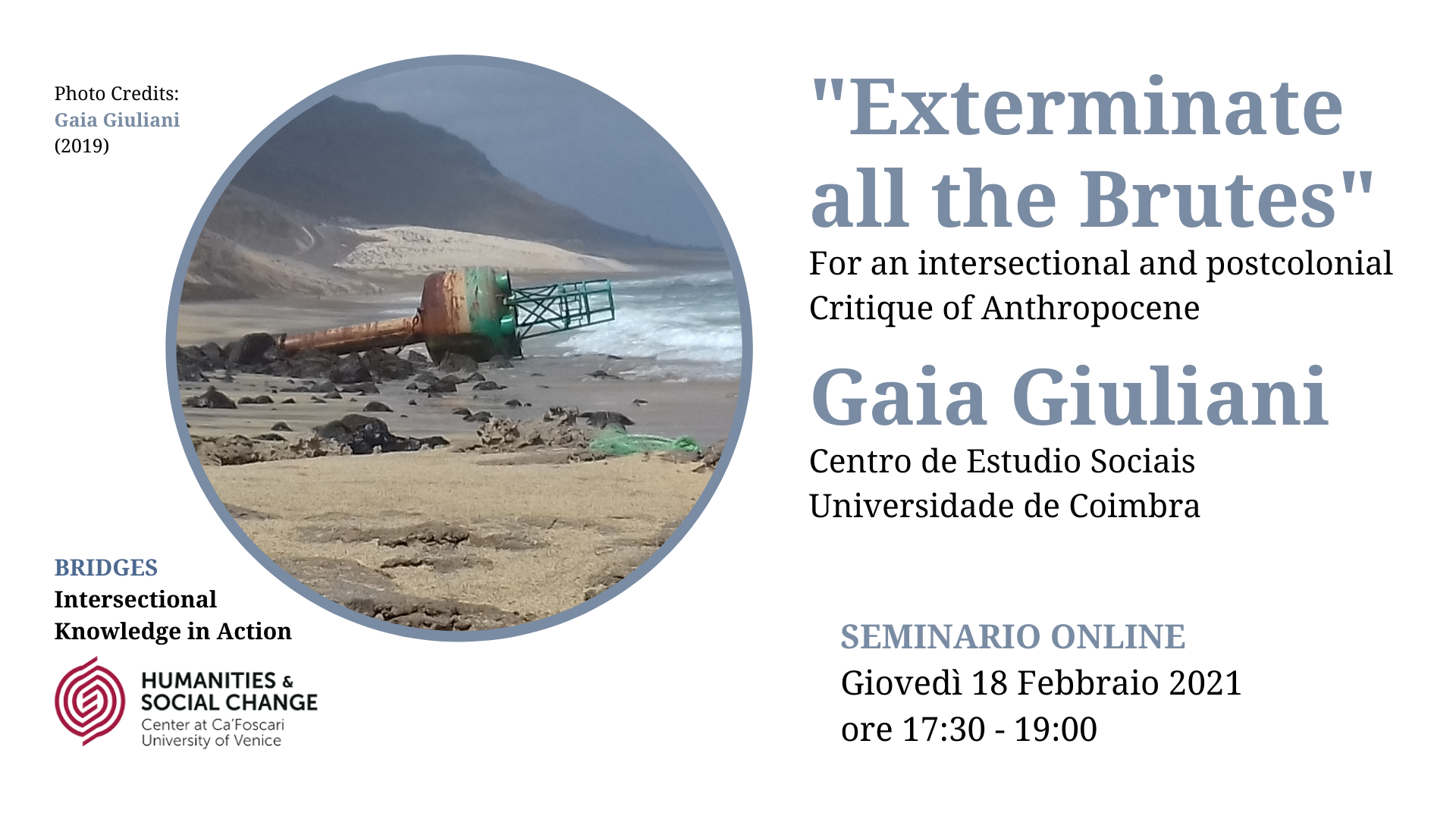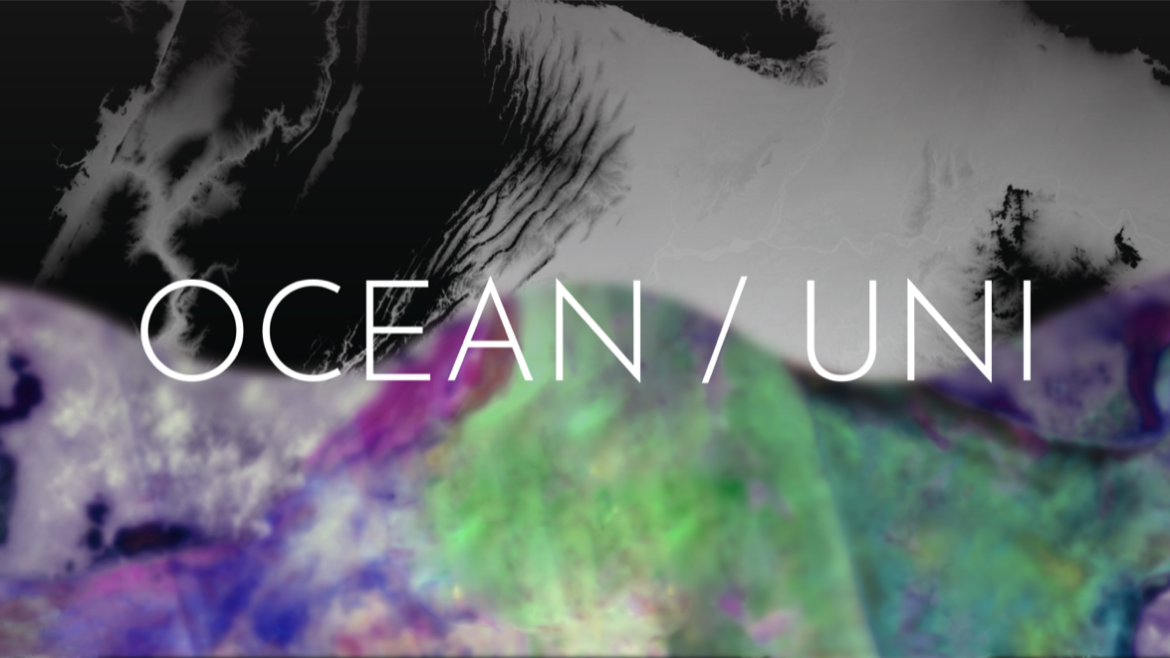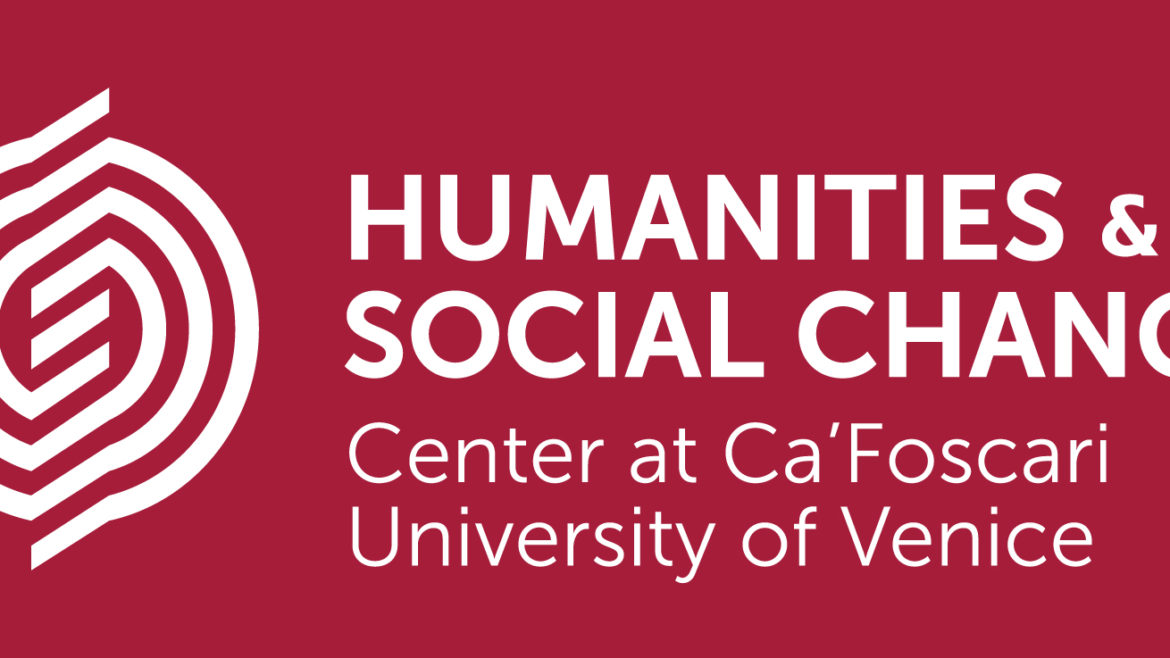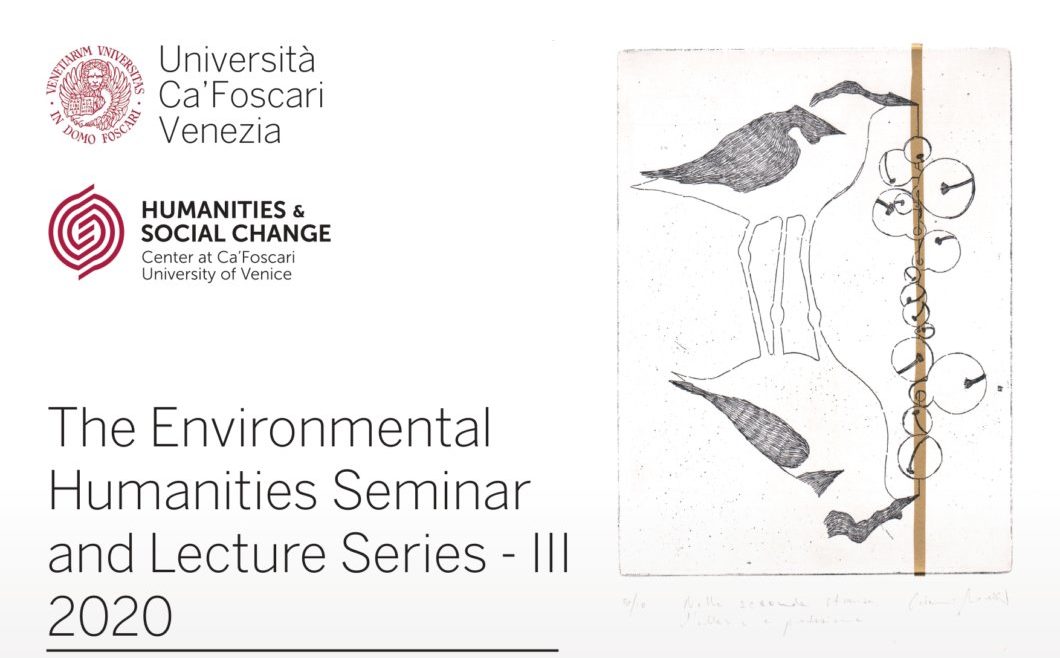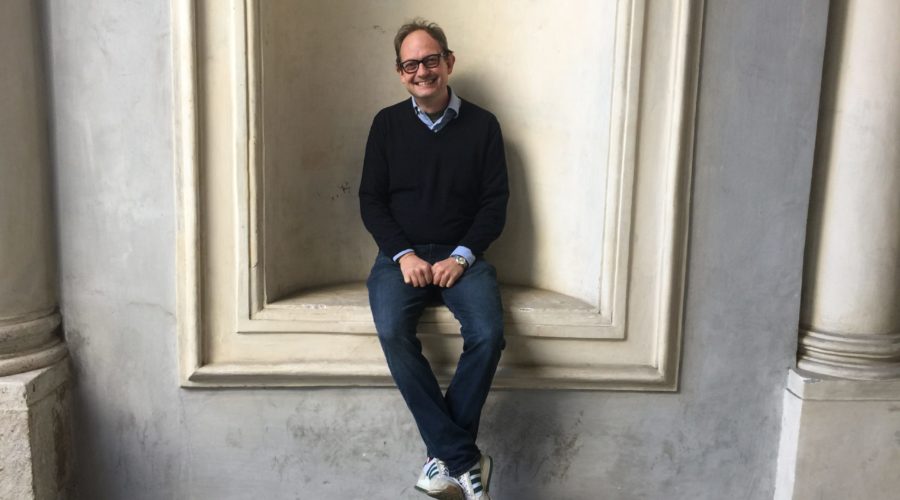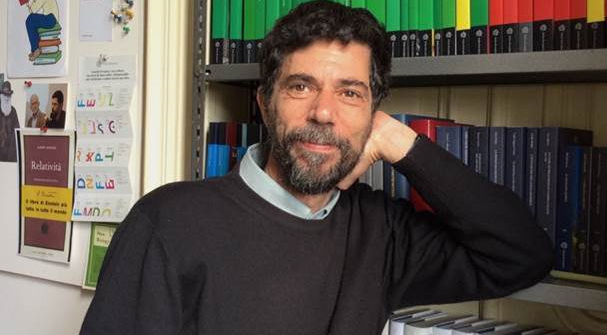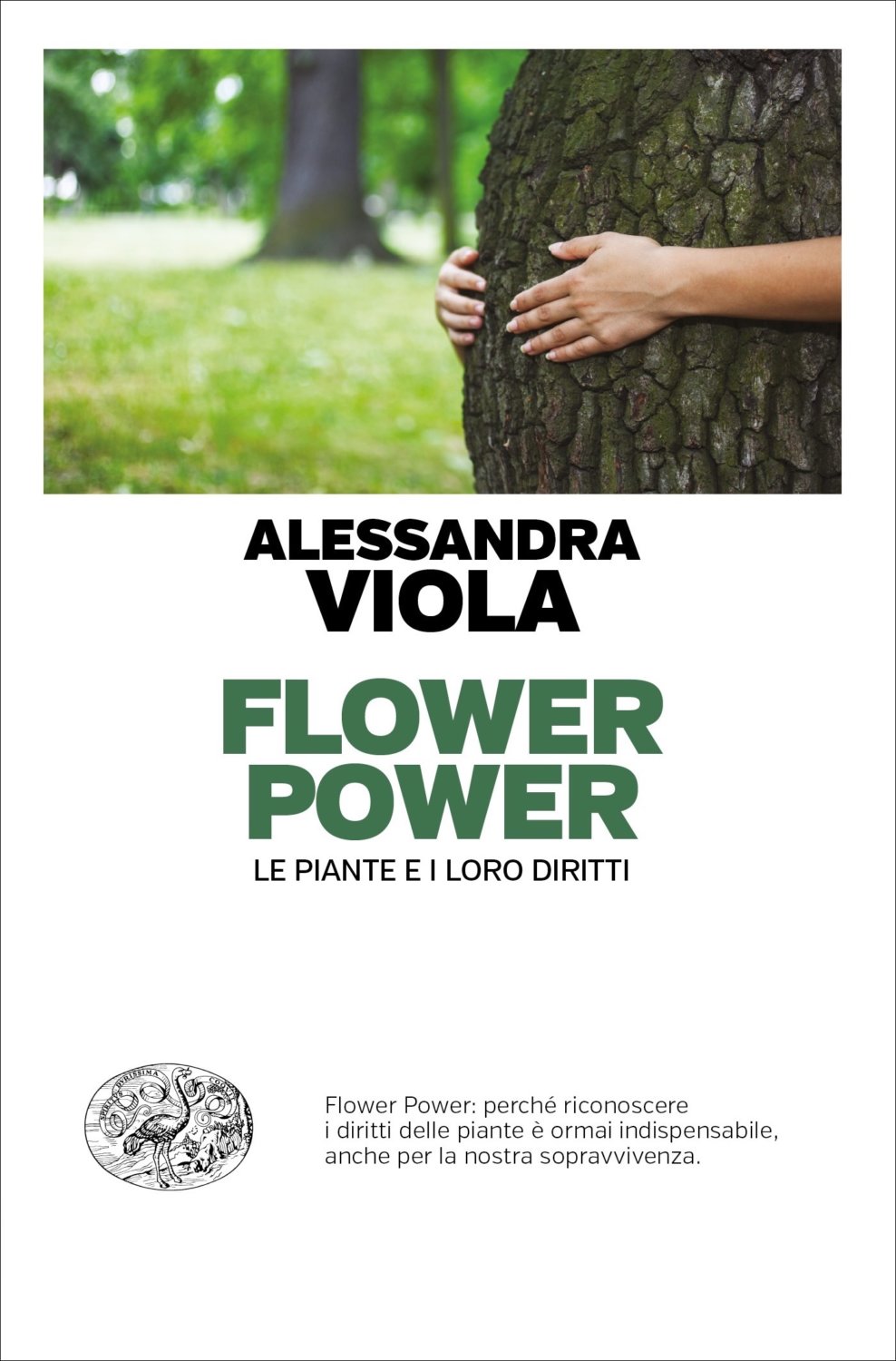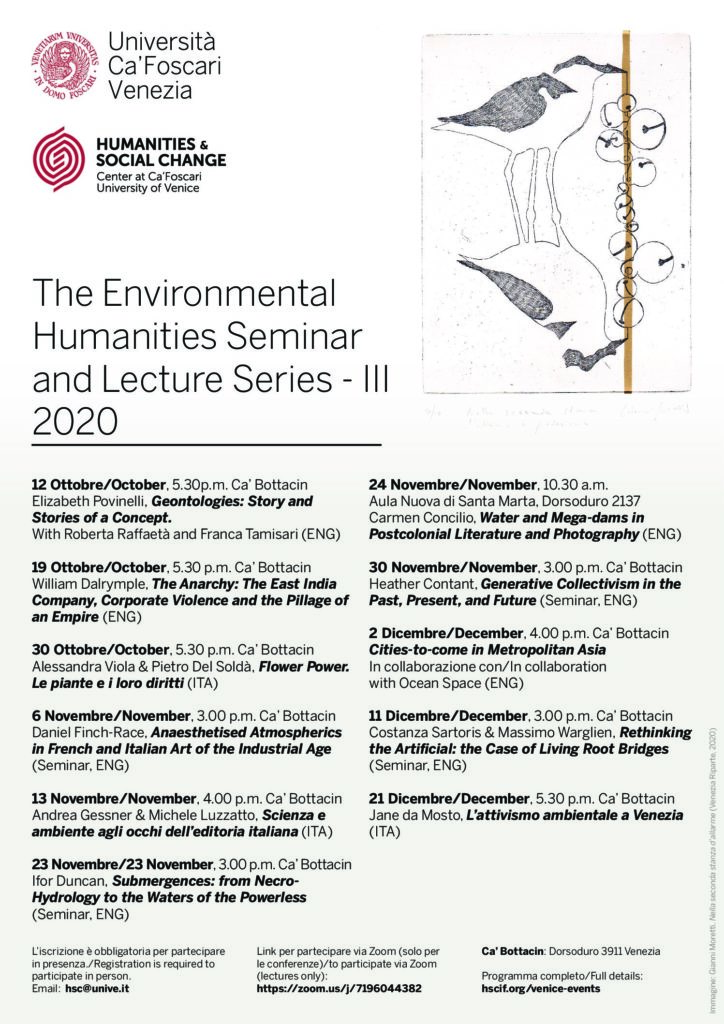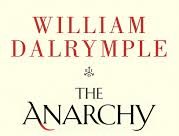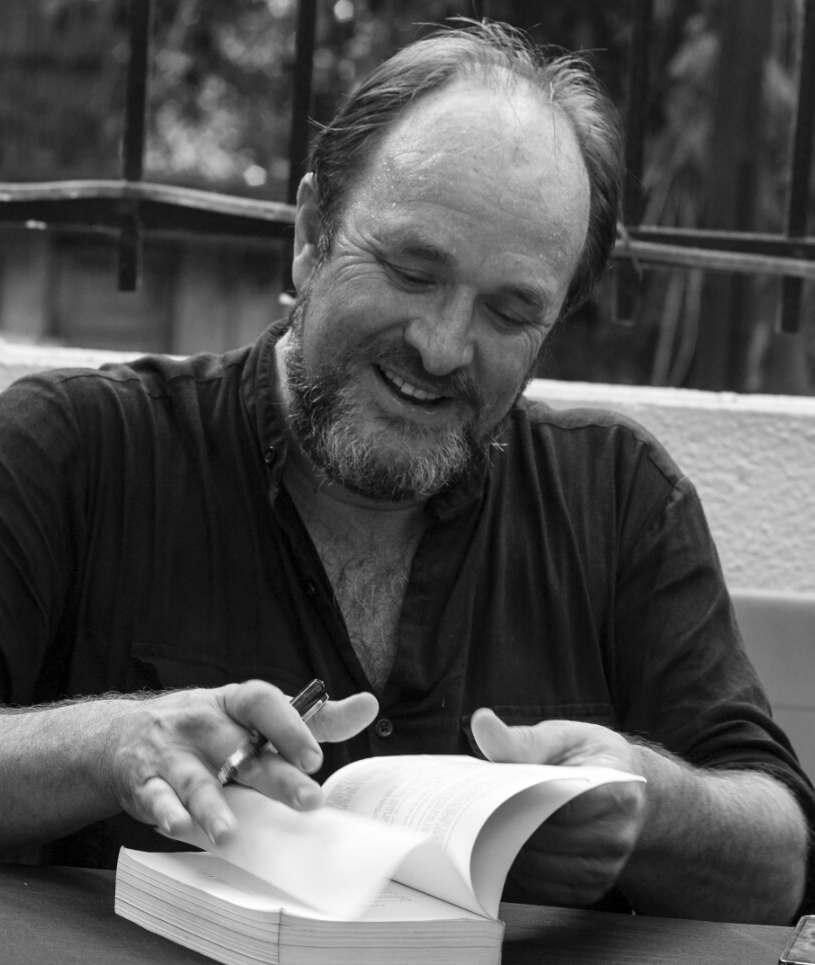Program:
Pilgrimage to the North (Ziarah Utara)
Irwan Ahmett and Tita Salina, artists
Reflecting on state and border controls created from colonialism, nationalism, and capitalism, Irwan Ahmett and Tita Salina talk about their ongoing walking interventions on the North Jakarta coastline, proposing eight ways to penetrate the borders of Singapore, inspired by historical acts of seafaring, smuggling, subversion, and sumpah (oath / promise). The ocean waters which flow between and among the coasts, islands, and archipelagos of East Asia have thousands of years of history to share, and they remain battlegrounds for ancient Imperial claims and contemporary forms of territorializing. The rising levels and futures of these waters imperil the lives and livelihoods of humans and nonhumans alike, and diverse actors in the region respond to these dynamics in varying ways.
Shanghai Waterways
Francesca Tarocco
This presentation will focus on Shanghai and its intimate relationship with water. It will introduce the interdisciplinary Zaanheh Project, that explores the history of Shanghai’s urban ecology in order to reimagine the future city as it adapts to a changing environment in the era of climate change. Zaanheh takes inspiration and guidance from Mannahatta: A Natural History of New York, a groundbreaking, decade-long research project led by Eric Sanderson of the Wildlife Conservation Society. The project uncovered the rich ecological diversity of Manhattan in 1609, just before Henry Hudson first arrived on the island and ushered in massive environmental change. Unlike Mannahatta, however, which focuses on a single point of time, Zaanheh takes a more layered temporal approach. Our project approaches the city as a palimpsest, peeling back time to recover older, and hidden, ecologies. What might we uncover of this delta, with its waterways, rich soil, and long history of agriculture and urban gardens? How might the ideas and practices of cultivation, so critical to the Jiangnan region, open new ways of thinking about nature of the future metropolis?.
Land reclamation along Hong Kong coastline
Alvin Li and Julian Junyuan Feng, curators,
From Japan, Shanghai, and Macau to Singapore and Hong Kong, Alvin Li and Julian Junyuan Feng identify massive defensive geo-engineering projects turning mangrove landscapes into concrete-armored coastlines. Singapore and Hong Kong, to name just two examples, are subsidizing unsustainable expansion and gentrification with hugely speculative land reclamation projects, such as the Lantau economic hub in Hong Kong, earmarked to be completed by 2030. By the same year, the government of Singapore plans to increase the city-state’s land area by another 100 square kilometers, making the island 30 percent larger than its original size. These projects exemplify how much global capitalism and its financial apparatus rely on coastal cities as nexuses of commerce, trade, transportation, and innovation. Alvin Li and Julian Junyuan Feng take as a starting point the visual representation of Hong Kong’s sea-girt environment to dive into the histories of land reclamation and the futures of the city in relation to their upcoming project, “Liquid Grounds”, to open at Para Site later in 2020.
On the cusp of land and water
Jeanne Penjan Lassus, Ocean Fellow
The intervention of artist and researcher Jeanne Penjan Lassus explores the nomenclature of a series of islands, in order to undo what is implied in the very act of naming. Her poetic intervention brings to the surface and gives voice to indigenous languages and names of sites that have long been removed and suppressed through colonial domination. Her intervention is part of a final collective endeavor closing the Ocean Fellowship program, which addresses questions such as “How and why do we name, and learn to name, things, places, bodies of water, and beings in a given way? And in accordance with whose culture, histories, ecologies, and interests are these names naturalized and categories codified? What agencies, affects, and associations does the indelibility of naming and nomenclature give rise to and perpetuate—and which might they otherwise?”
#Haenyeo
Elisa Giuliano, Ocean Fellow, Performance
The ocean waters which flow between and among the coasts, islands, and archipelagos of East Asia have thousands of years of history to share, and they remain battlegrounds for ancient Imperial claims and contemporary forms of territorializing. The rising levels and futures of these wareas. Others are resisting the extensions of land claims for the growth of market spaces and associated infrastructures that support heightened mobilities through port, shipping, and energy systems. Diverse actors in the region respond to these dynamics in varying ways. Ocean Fellows Jeanne Penjan Lassus consider metabolisms of various scales, across human and urban patterns of commodification of land, labor, and heritage; changing forms of work and subsistence, land dispossessions, and uneven development; and the epistemic delimitations of finite boundaries between land and water.
